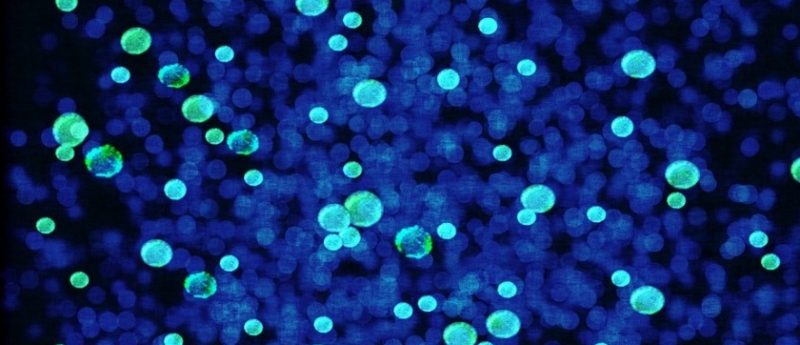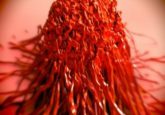Cancer stem cells as a therapeutic target of the future

Cancer stem cells represent one of the dominant themes of cancer research today. Although not accepted by all and without reservation, and probably not valid for all tumors, the evidence for viewing tumors as a sort of aberrant tissue with intrinsic hierarchical organization is mounting. Cancer stem cells are placed at the top of this hierarchy, making them responsible for continuous tumor growth and progression. At the same time, they have several properties that make them difficult to eradicate by conventional therapeutic approaches. First, they are, in many tumor types at least, rather quiescent, providing them with little ‘natural’ sensitivity to classical cancer chemotherapy. More importantly and aside from this rather passive defense mechanism, cancer stem cells have been reported to dispose of various active mechanisms of chemo- and radio-resistance. Cancer stem cells constitutively express several efflux pumps of the ATP Binding Cassette (ABC) family (ABCB1 – MDR1; ABCC1 – MRP1; ABCG2 – BCRP) and are thus able to actively get rid of many anticancer drugs. Another relatively universal stem cell protein – aldehyde dehydrogenase – can enzymatically inactivate certain chemotherapeutics, such as cyclophosphamide.
Click here to view full article.




